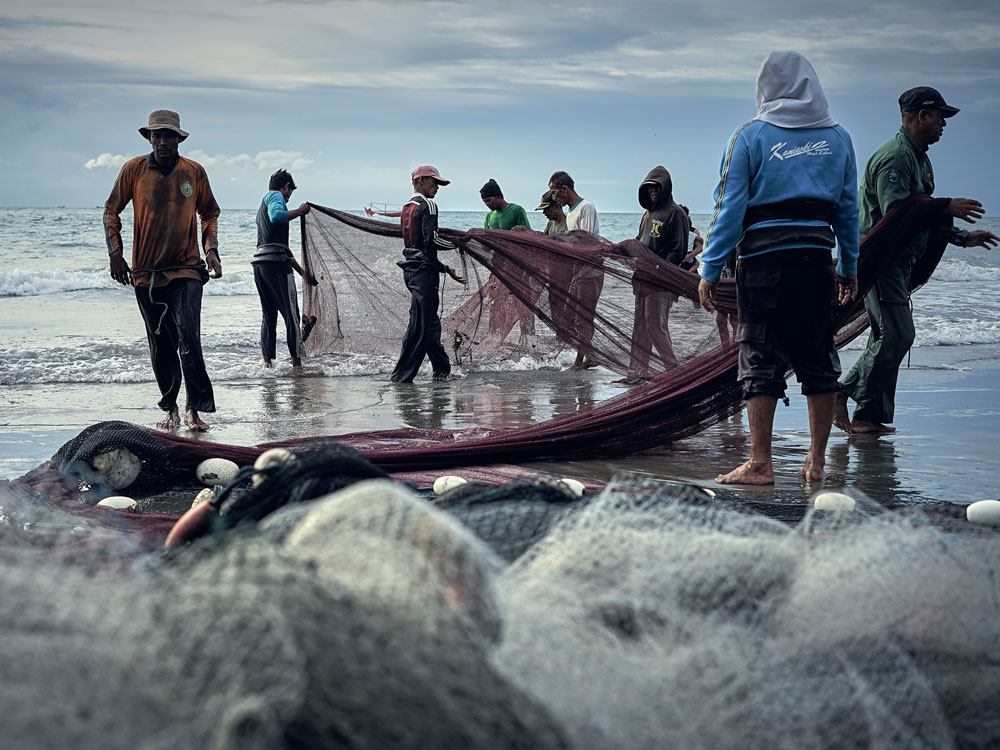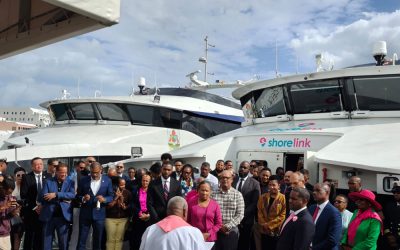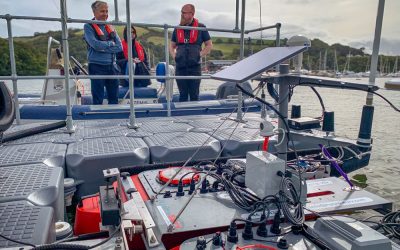Data taken from the latest release of Lloyd’s Register Foundation’s biannual World Risk Poll indicates that 26% of fishers around the world have personally experienced harm at work in the past two years – “more than [in] any other industry”, the safety charity comments, contrasting this sector with construction (where 22% of workers reported experiencing harm at work), mining and quarrying (21%) and non-fishing-related agriculture (18%).
The poll – comprising 147,000 interviews across 142 countries, conducted by Gallup – also highlights that 73% of respondents claimed to have never received health and safety training. Injuries and lack of training appear to be especially prevalent among fishers located in low-income countries, the foundation notes, adding: “People employed full-time by an employer are around twice as likely to have had recent workplace safety training as those employed part-time.”
The majority of poll respondents hailed from Southern Asia (27%), Eastern Asia (20%), Central and Western Africa (18%) and Southeastern Asia (14%).
“Fishers are regularly exposed to hazards and risks, often working long hours in harsh conditions at all hours of the day,” the poll reports. “They spend many hours in the sun, exposing themselves to cancers and eye disorders, and are at risk of injuries and musculoskeletal disorders as a result of dangerous equipment and conditions, in addition to the threat of drowning.
“The Food and Agricultural Organization of the United Nations [FAO] estimates that 80 fishers die every day, with hundreds more being injured. In smaller-scale enterprises, many fishers lack established, formalised work arrangements, meaning that when an injury occurs, they lack the requisite support structures needed to cope and recover. ILO Convention 188 commits to ensuring decent work in fishing, including requirements around conditions of service, accommodation and food, and medical care.”
Lloyd’s Register Foundation points out that fishers, like miners and construction workers, often belong to demographics with higher risk factors. “For instance, 15% of the fishing workforce declared they could only cover their basic needs for less than a week if they lost all income,” the foundation says. “Training rates also relate to financial resilience; globally, less than a quarter [23%] of those who said they could only cover their basic needs for less than a week have received safety training, below the global average of 38%.”
The foundation is now calling for increased financial support for safety initiatives, citing the International Fund for Fishing Safety, a Lloyd’s Register Foundation initiative managed by The Seafarers’ Charity and the FISH Platform. While the International Fund for Fishing Safety has so far awarded £200,000 in grants, the three partners agree that significantly more funding is needed. The foundation is also partnering with the FAO to roll out insurance to fishers using small vessels, and to promote adequate vessel inspection methods and safety guidelines, primarily focusing on pilot countries within Africa, Asia and Latin America.
Dr Daryl Attwood, project director at Lloyd’s Register Foundation, comments: “International regulations provide an important framework for countries and businesses, but these can only go so far, especially for fishers in low-income countries, who may believe their only option is to ‘fish today’, regardless of safety. Providing regular, tailored training, along with basic safety equipment, must be near the top of agendas everywhere.”
Alan McCulla, coordinator at the International Fund for Fishing Safety, adds: “Improved safety practices underpinned by existing international safety standards empower fishers to move from survival mode to long-term sustainability, ensuring the livelihoods of the local communities for generations to come. Fisher safety is not a competing priority with sustainable fishing; it is essential to it.”




